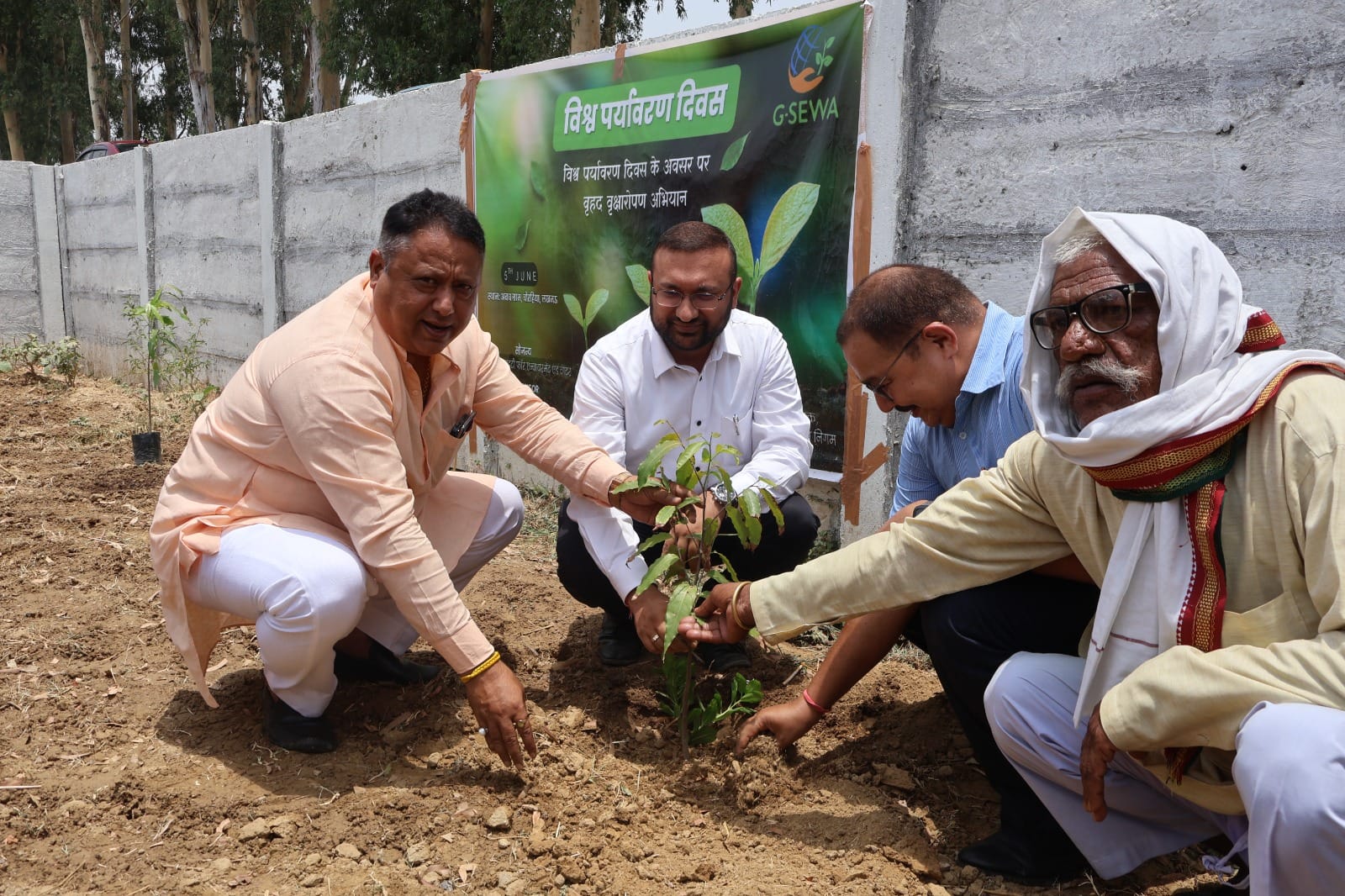
New NGO Seeking Projects: G Sewa
Discover how G Sewa, a new NGO seeking projects, is dedicated to addressing social, environmental, and economic issues through impactful initiatives.
How a New NGO Seeking Projects Can Make a Meaningful Impact
Starting a new non-governmental organization (NGO) is a challenging yet rewarding endeavor. For any NGO, finding and implementing impactful projects is crucial for fulfilling its mission and achieving long-term sustainability. This blog aims to provide a comprehensive guide for a new NGO seeking projects and securing meaningful projects.
Understanding the Role of an NGO
Before diving into project seeking, it’s important to understand the fundamental role of an NGO. NGOs are typically established to address social, environmental, cultural, or economic issues that are not adequately covered by government and private sectors. They operate on principles of altruism, volunteerism, and public interest.
Defining Your Mission and Vision
Mission Statement: Clearly articulate the purpose of your NGO. What specific problem are you addressing? What is your ultimate goal?
Vision Statement: Envision the future your NGO aims to create. This will serve as a motivational and directional tool for your team and stakeholders.
Identifying Core Areas of Focus as New NGO Seeking Projects
Identifying core areas of focus is a critical step for a new NGO seeking projects, as it lays the foundation for its mission and operational strategy. By pinpointing specific issues such as education, healthcare, environmental conservation, human rights, or poverty alleviation, the NGO can channel its resources and efforts more effectively. This targeted approach not only enhances the impact and relevance of its initiatives but also helps in attracting the right funding and partnerships. Clear focus areas enable the NGO to develop expertise, build a solid reputation, and address the needs of the community more comprehensively, thereby driving meaningful and sustainable change.
Networking and Partnerships
Local and International Networks: Build connections with other NGOs, community leaders, governmental agencies, and international bodies. Networking can open doors to collaborative projects and funding opportunities.
Stakeholders Engagement: Involve local communities and beneficiaries in the planning process. Their insights and needs should shape your project proposals.
Researching Potential Projects
Needs Assessment: Conduct thorough research to understand the needs of the community or sector you aim to serve. Use surveys, focus groups, and existing data to gather information.
Resource Mapping: Identify available resources including funding, human resources, and material support. This will help in formulating realistic and feasible project proposals.
Creating a Project Proposal
Clear Objectives: Define specific, measurable, achievable, relevant, and time-bound (SMART) objectives for your project.
Detailed Plan: Outline the project activities, timeline, required resources, and potential challenges. Include a detailed budget.
Impact Measurement: Develop a framework for monitoring and evaluating the project’s impact. This will be crucial for demonstrating success to funders and stakeholders.
Seeking Funding and Support
Grant Applications: Apply for grants from foundations, governmental bodies, and international organizations. Tailor each application to meet the specific requirements of the funder.
Crowdfunding: Utilize online platforms to raise funds from the general public. Engaging storytelling and regular updates can drive support.
Corporate Partnerships: Approach businesses for funding, in-kind support, or pro bono services. Many companies are eager to support social causes as part of their corporate social responsibility (CSR) programs.
Implementing the Project
Team Building: Assemble a dedicated team with the necessary skills and experience. Provide training and support to ensure high performance.
Execution: Follow the project plan closely, but remain flexible to adapt to unforeseen challenges. Regularly communicate progress to all stakeholders.
Monitoring and Evaluation: Continuously monitor the project’s progress against the objectives. Conduct evaluations to measure outcomes and learn from the experience.
Building Public Awareness
Communication Strategy: Develop a comprehensive communication plan to raise awareness about your projects. Use a mix of traditional media, social media, and community outreach.
Storytelling: Share stories of beneficiaries and the impact of your work. Personal stories resonate more with the public and potential donors.
Events and Campaigns: Organize events, workshops, and campaigns to engage the community and attract attention to your cause.
Ensuring Sustainability
Diversified Funding: Avoid reliance on a single funding source. Explore various funding avenues to ensure financial stability.
Capacity Building: Invest in the capacity building of your team and the communities you serve. This ensures long-term sustainability and empowerment.
Documentation and Reporting: Maintain thorough documentation of all projects. Regular reports to funders and stakeholders build trust and demonstrate accountability.
Conclusion
Starting a new NGO and seeking projects is a formidable task, but with clear vision, strategic planning, and relentless dedication, it can lead to transformative change. By identifying critical needs, leveraging networks, securing funding, and maintaining a focus on sustainable impact, your NGO can embark on a journey to make a significant difference in the world. Stay committed to your mission, and the right projects and opportunities will follow.



